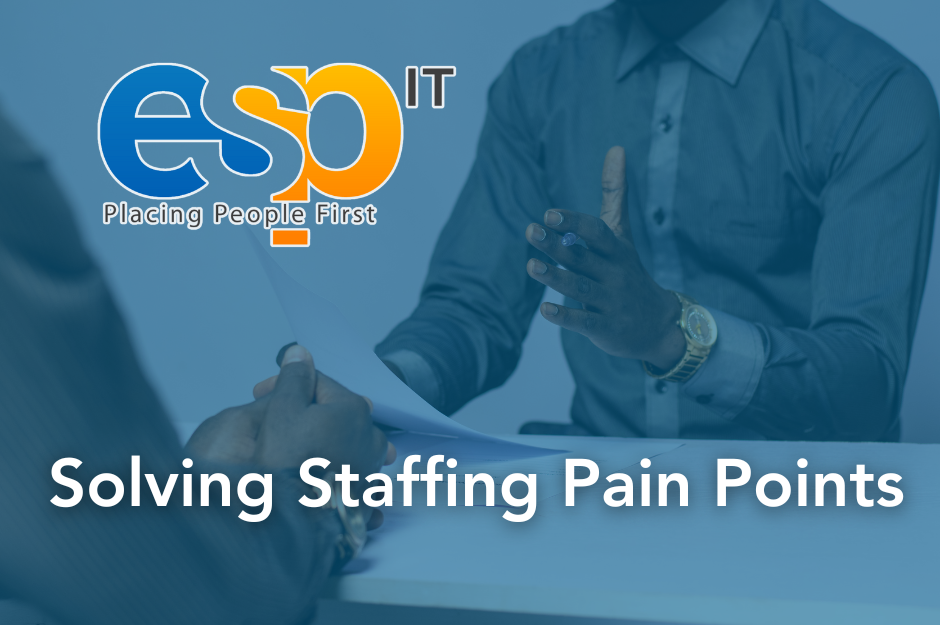Culture fit, experience, and education are all important factors when hiring. However, they are not the only elements to consider in the hiring process. Certifications can be a great way to measure potential employees’ skills and abilities. Certification may even help you distinguish a more highly qualified applicant or allow you to open the door to some candidates that you would normally look over. Check out the following 3 ways certifications can help you in your hiring process.
1. They Give You A Standard Measurement Tool
Experience is a great way to see if someone has the right background for your role. However, experience and ability don’t always go hand in hand. Certificates provide a measurement on skills, as well as the level of commitment an individual has to their field and skill improvement. The PMP certification is a great example of the importance of certificates. Project manager is a broad term and can mean a variety of different experiences and tasks. PMP certification offers better insight into professional’s background because it’s a standard tool for measuring the quantifiable abilities of a project manager’s knowledge and skill. The same principal can be applied to all types of IT certificates.
2. They Validate the Self-Taught
Some IT professionals are skilled but do not have a four year degree in technology. Self-taught IT professionals may use certificates to show that they have the knowledge and skills needed to be a great fit in your company. Pay attention to certificates and experience when looking at an applicant instead of passing up the chance to add talented employees because they have not gone the traditional route in education. With the ever increasing cost of education, more talented, young professionals may begin to explore certification over a traditional four year degree. A CCIE certificate is a great pairing to a 2 year degree offering applicable, hands on lab experience with a concentrated focus. In positions around infrastructure, this kind of experience may be more valuable than a traditional degree.
3. They Identify Life Long Learners
The nature of innovation and change that happens in the IT industry can cause past experience to have less of an impact than it might in other fields. A technology or a language may not have the importance it did when it was learned a year ago. Certifications offer professionals an opportunity to keep up with the trends long after they’ve graduated with their degrees. An employee or consultant who is constantly working to keep up with the industry can be a great asset to your team because their knowledge is fresh and up-to-date. Many certifications require specific actions even after the initial exam has been passed. A CCP-M certification offers an exam every three years to maintain their certification. A PMP certified professional must attend seminars several times a year to keep their certification.
As with everything in hiring, don’t fall prey to shortcuts, but take the time to discover if the applicant is a great fit with, or without, a certificate. Certifications can offer a great deal of information about a potential employee’s skills, however, the relevancy of the certification should always be considered. The skills needed for your your specific role, and the environment you are hiring for are your primary concerns and certificates are not the end-all for experience and knowledge. That said certificates can be a great help in identifying the best candidate during your hiring process. Whether you are looking for a way to measure one applicant over the other, expand your pool of candidates, or looking for someone who can keep up with the fast-paced nature of IT, certifications are an indicator you can use up front when reviewing resumes and deciding who to interview.



